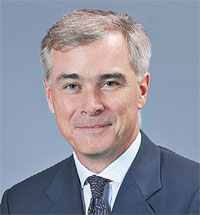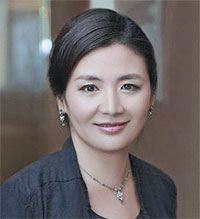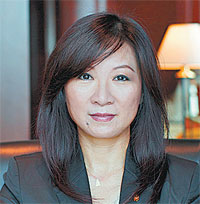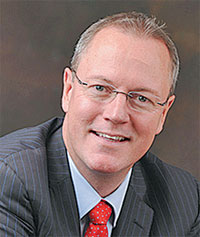What they say
Editor's note: At the International Luxury Travel Market Asia 2015 in Shanghai, hoteliers from around the world are discussing the industry's developing trends.
(To understand people's views on luxury) what you should find out is how much exposure people have to different things. The Chinese market particularly loves sharing. A lot of people have been exposed to things even if they haven't yet been to that location. So it's creating the aspiration. That's one of the key things driving the market.
Symon Bridle, chief operating officer of Rosewood Hotel Group

While other luxury hotel brands were designed for the wealthy Western baby boomer, Starwood saw a white space to create a hotel brands with a new generation of global elite travelers in mind. This new global traveler is multinational and cross-generational, mobile and jet-setting; more comfortable moving across our portfolio of luxury hotels for business and leisure, but also demanding more personalized service at every turn.
Wendy Huang, vice-president of sales and marketing of Greater China Starwood Hotels and Resorts

We began to pay attention to Generation AAA consumers around the year of 2008 and learned about their consumption modes, lifestyles, travel styles, and how they get tourism information as well as book tourism products. We would, based on the information, think about how to better communicate with them, learn about what they need and fully satisfy their demands.
Sarah Chen, vice-president of sales and marketing at Shangri-La Hotel Management (Shanghai) Co Ltd

Chinese travelers are becoming more discerning. They are critical, if not more critical than their Western counterparts. They understand luxury very well. Their definition of luxury has evolved very quickly in the past decades. People are more interested in experiences than anything they can tangibly hold.
Derek A. Flint, general manager of the Portman Ritz-Carlton Shanghai

(China Daily 06/03/2015 page7)














